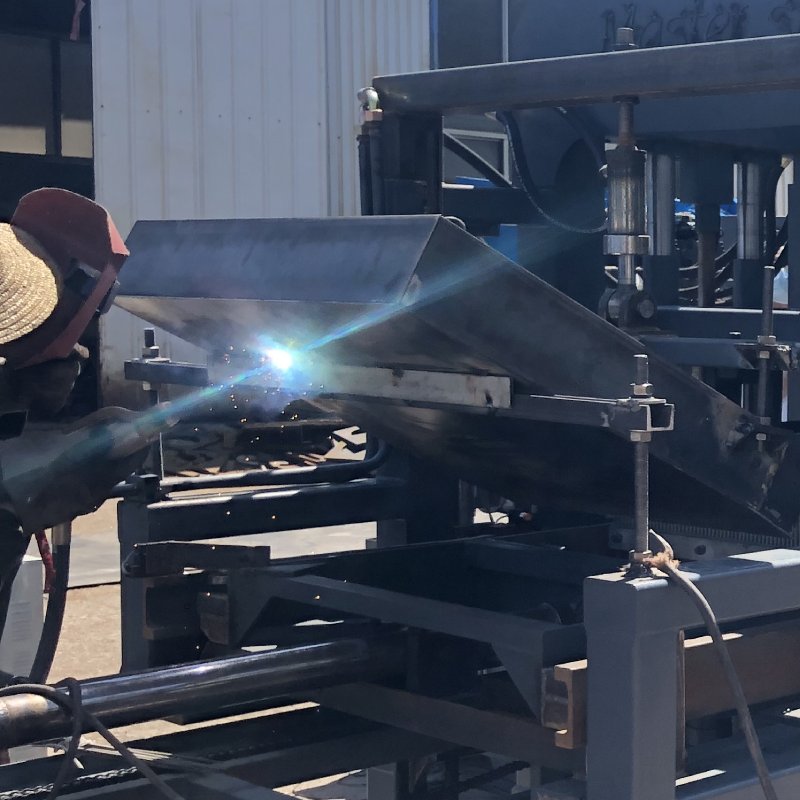
Sourcing Raw Materials for Block Production: Suppliers and Strategies
Sourcing high-quality raw materials is crucial for the success of a block manufacturing business. The quality of materials directly impacts the strength and durability of the final product. Here are key considerations, strategies, and potential suppliers for sourcing raw materials for block production:
1. Cement:
- Suppliers:
- Local cement manufacturers
- National cement producers
- Cement distributors
- Strategies:
- Establish long-term relationships with reliable cement suppliers.
- Consider bulk purchasing to negotiate better prices.
- Diversify suppliers to mitigate risks associated with shortages or price fluctuations.
2. Aggregates (Sand, Gravel, Crushed Stone):
- Suppliers:
- Local quarries and mines
- Aggregate wholesalers
- Construction material suppliers
- Strategies:
- Conduct regular quality assessments of aggregates.
- Ensure a steady supply by having agreements with multiple suppliers.
- Consider on-site testing facilities for real-time quality control.
3. Water:
- Suppliers:
- Local water utilities
- Private water suppliers
- Strategies:
- Ensure a consistent and clean water supply for the manufacturing process.
- Comply with local water regulations and quality standards.
- Invest in water recycling systems to minimize waste.
4. Admixtures:
- Suppliers:
- Specialized chemical suppliers
- Construction chemical manufacturers
- Admixture distributors
- Strategies:
- Work closely with suppliers to understand the performance characteristics of different admixtures.
- Consider suppliers that offer technical support and expertise.
- Test and validate admixtures for compatibility with local raw materials.
5. Pigments and Colorants:
- Suppliers:
- Pigment manufacturers
- Colorant suppliers
- Construction chemical companies
- Strategies:
- Choose pigments that are UV-resistant for long-lasting color.
- Consider suppliers who can provide a range of color options.
- Ensure compatibility with the concrete mix to achieve consistent colors.
6. Steel Reinforcement (if applicable):
- Suppliers:
- Local steel mills
- Steel distributors
- Construction steel suppliers
- Strategies:
- Verify the quality and grade of steel used for reinforcement.
- Establish relationships with suppliers to ensure a consistent supply.
- Monitor steel prices and market trends for cost-effective purchasing.
7. Wooden Pallets for Curing:
- Suppliers:
- Local pallet manufacturers
- Pallet distributors
- Wooden packaging suppliers
- Strategies:
- Ensure that pallets meet the required specifications for block curing.
- Explore sustainable and reusable pallet options.
- Establish a reliable supply chain to avoid delays in production.
8. Packaging Materials:
- Suppliers:
- Local packaging material manufacturers
- Packaging distributors
- Sustainable packaging suppliers
- Strategies:
- Choose packaging materials that protect blocks during transportation and storage.
- Consider eco-friendly packaging options to align with sustainability goals.
- Negotiate bulk pricing for cost efficiency.
9. Recycled Materials (Optional):
- Suppliers:
- Local recycling facilities
- Construction waste recycling companies
- Strategies:
- Explore the use of recycled aggregates or supplementary cementitious materials.
- Ensure compliance with quality standards when using recycled materials.
- Collaborate with suppliers focused on sustainable practices.
Tips for Effective Sourcing:
- Supplier Audits:
- Regularly audit and assess the performance of key suppliers.
- Ensure that suppliers comply with quality standards and regulations.
- Continuous Improvement:
- Continuously evaluate and improve the efficiency of the supply chain.
- Embrace new technologies and practices that enhance material sourcing.
- Risk Mitigation:
- Develop contingency plans for potential disruptions in the supply chain.
- Diversify suppliers to reduce dependency on a single source.
- Collaboration:
- Foster collaborative relationships with suppliers.
- Communicate clearly about quality expectations and any changes in requirements.
- Technology Integration:
- Utilize technology, such as real-time monitoring and tracking systems, to streamline the supply chain.
- Explore digital platforms for procurement and communication with suppliers.
By strategically sourcing raw materials and fostering strong relationships with suppliers, a block manufacturing business can ensure a reliable and high-quality supply chain. Regular monitoring, adherence to quality standards, and a commitment to sustainability will contribute to the long-term success of the manufacturing process.
